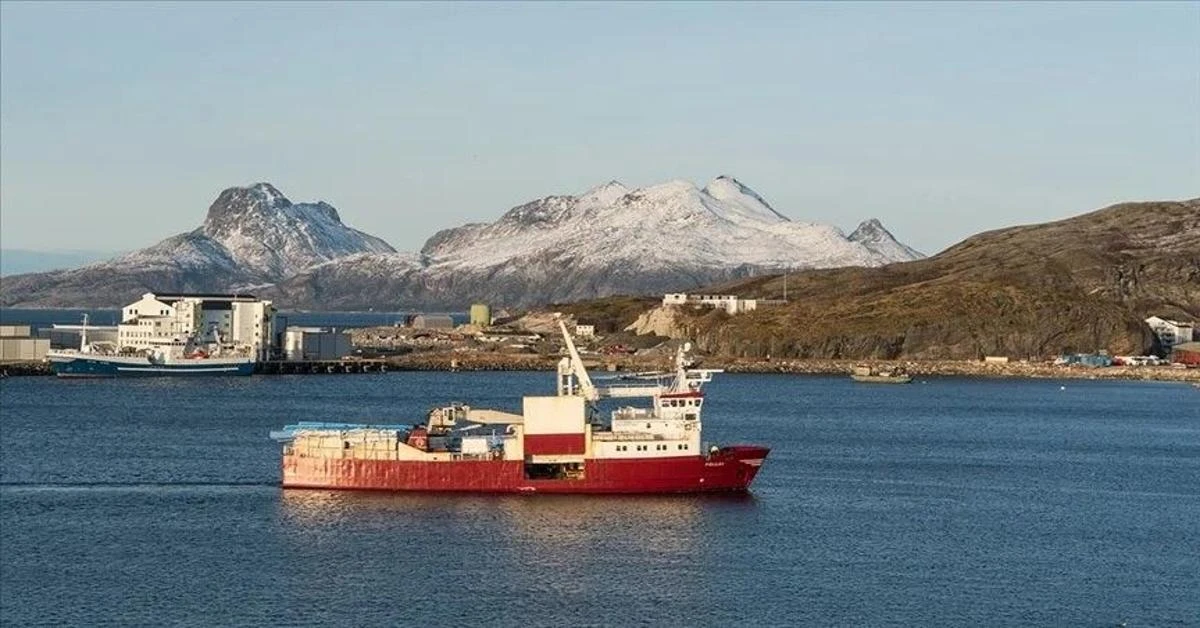Norway continues to advance in deep-sea mining despite controversy

Despite the controversial nature of deep-sea mining and its potential harm to fragile marine ecosystems, Norway plans to license companies in deep-sea mining
Norwegian authorities Monday advanced mining its seabed by inviting potential actors to nominate blocks of interest for the first licensing round.
Norway, currently the largest oil and gas producer in Western Europe, is considering becoming the first country to approve seabed mining.
The idea behind this decision is to reduce dependence on China or other authoritarian nations for crucial minerals required for renewable technology.
“This marks the starting point for something that could become a new industry on the Norwegian shelf,” stated Torgeir Stordal, the director of the Norwegian Offshore Directorate.
Despite the controversial nature of deep-sea mining and its potential harm to fragile marine ecosystems, Norway’s parliament officially approved the exploration of some regions of its seabed in January.
Oslo asserted it is conducting the prospecting to address knowledge gaps, emphasizing that “environmental considerations” will be considered at each operation phase.
Additionally, before extraction can proceed, the licensee’s plan must demonstrate that it can be done sustainably and responsibly.
Multiple countries, such as France and the U.K., have advocated for a temporary ban on deep-sea mining, and the European Parliament has expressed apprehension after Norway decided to proceed.
At the beginning of 2023, the Norwegian Offshore Directorate released a report stating that significant deposits of minerals such as copper, zinc and cobalt are on the seabed.
They are essential for producing batteries, wind turbines, computers and mobile phones, among other applications.
Source: Newsroom



